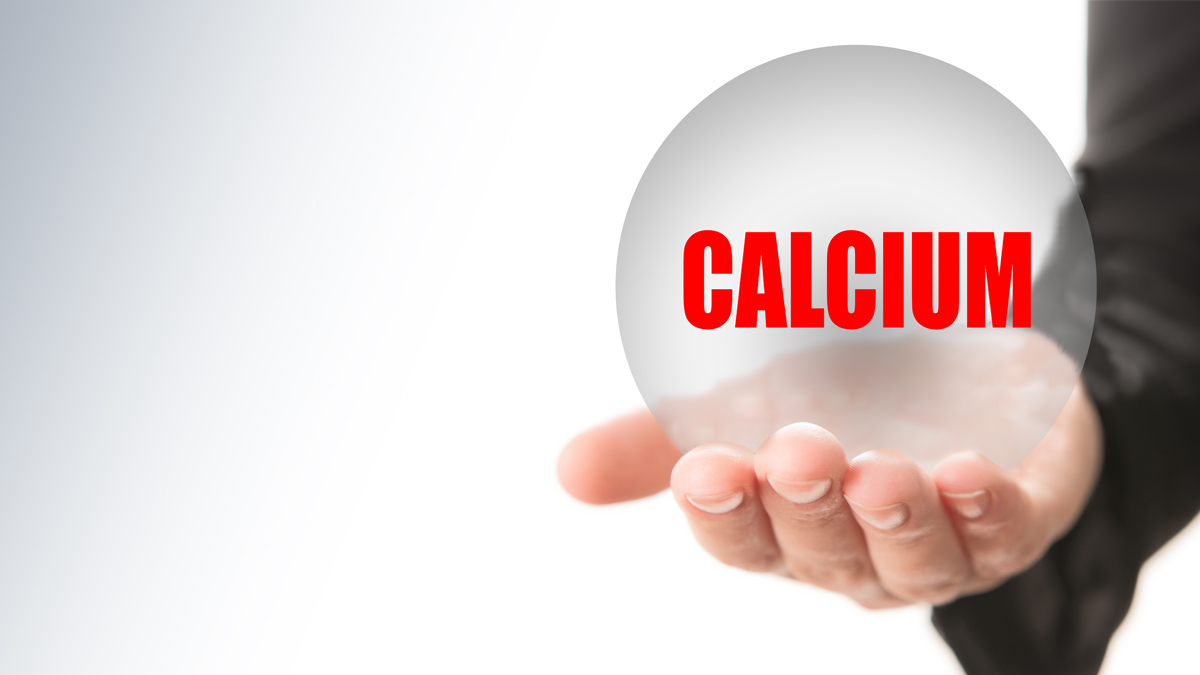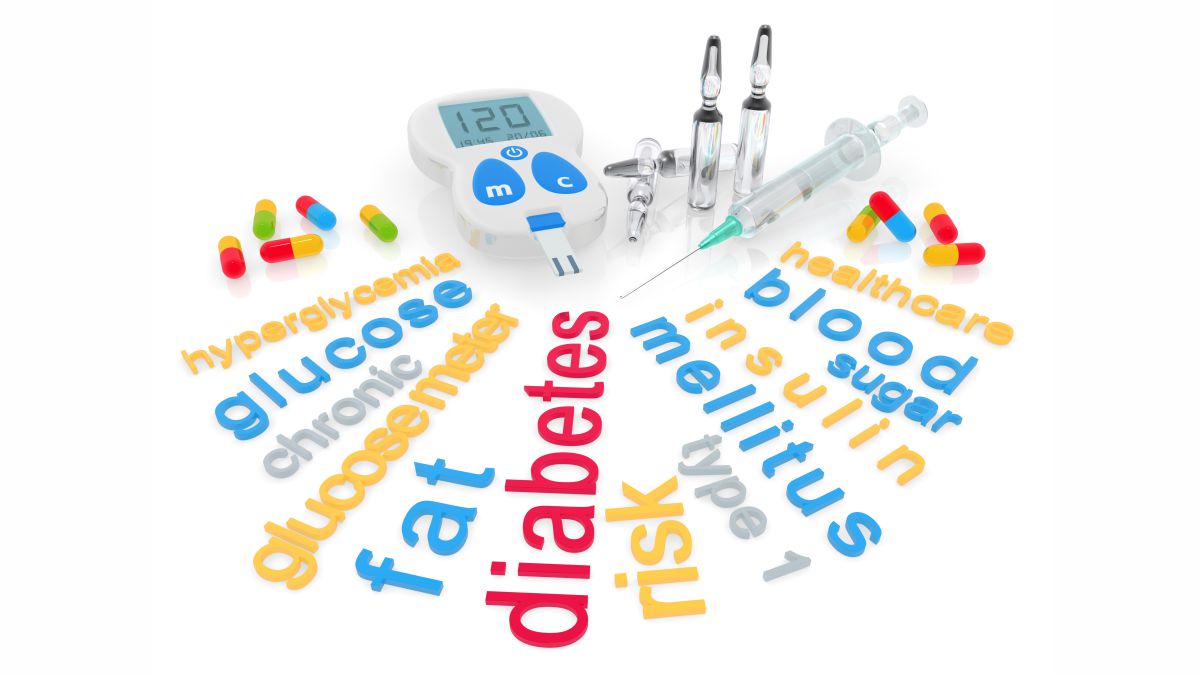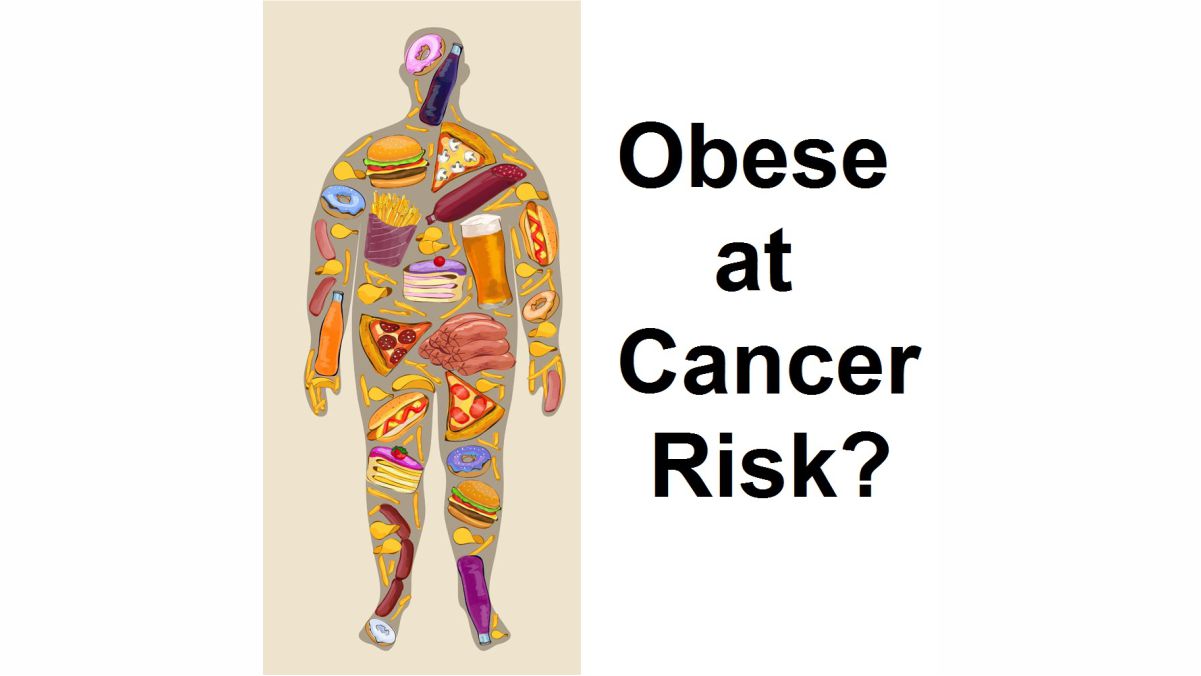An Enhancer of Bone health- Calcium Adequate calcium intake lays the foundation for bone health... Can we risk it?
Bones are the framework of human body. Ever heard of conditions like osteoporosis (weak bones due to low bone density), rickets (condition involving softening of bones in children), osteomalacia (softening of bones involving pain) and high blood pressure? The factor lurking around these conditions is none other than, the otherwise abundant mineral - Calcium!
What is it?
Calcium is the mineral essential for maintaining bone structure and function in the human body. The body’s maximum (about 99%) calcium supply is stored in bones and teeth.
What is the significance of calcium in body?
The body uses calcium stored in bone tissue to maintain the concentration of calcium in blood, muscle and intercellular fluids. About 1% of the total body calcium is required for critical metabolic functions like vascular contraction and vasodilation, intracellular signalling, nerve transmission and hormonal function.
Sources - Milk, yogurt and cheese are the natural sources.
Calcium levels
The body maintains blood calcium levels in a certain narrow range, which allows the cells to stay healthy. With age the calcium absorption levels from diet decreases and substitutes blood calcium levels from bones, depleting the stored calcium and making bones brittle.
High levels indicate (Hypercalcemia)
- Hyperparathyroidism (overactivity of Parathyroid gland)
- Cancer, including cancer that spreads through bones
- Longer time to recover broken bones
- Paget’s disease (abnormal bone growth causing deformed or brittle bones)
Low levels indicate (Hypocalcemia)
- Hypoparathyroidism (poor functioning of parathyroid gland)
- Kidney failure, increasing the levels of phosphate in the blood
- Osteomalacia
- Rickets
Groups at risk of calcium inadequacy
- Post-menopausal women
- Amenorrheic (women fails to initiate a menstrual cycle) women
- Female athlete triad syndrome (suffering with eating disorder, low bone mineral density).
- Individuals with lactose intolerance
- Vegans
Laboratory Tests
Tests to find the abnormal cause of calcium levels in blood include:
- Calcium test
- Parathyroid hormone (PTH) test
- Chloride test
- Acid phosphatase test
- Alkaline Phosphatase test
- Vitamin D
Calcium in urine test - A 24-hour test that checks the amount of calcium passed from the urine in the body.
Calcium levels can be determining from blood as well as urine tests, also including a range of tests like alkaline phosphatase, vitamin D etc. helps to know a detailed record of calcium levels in the body.
An essential present in abundant levels won’t last long, if not for regular preventive checkups!











